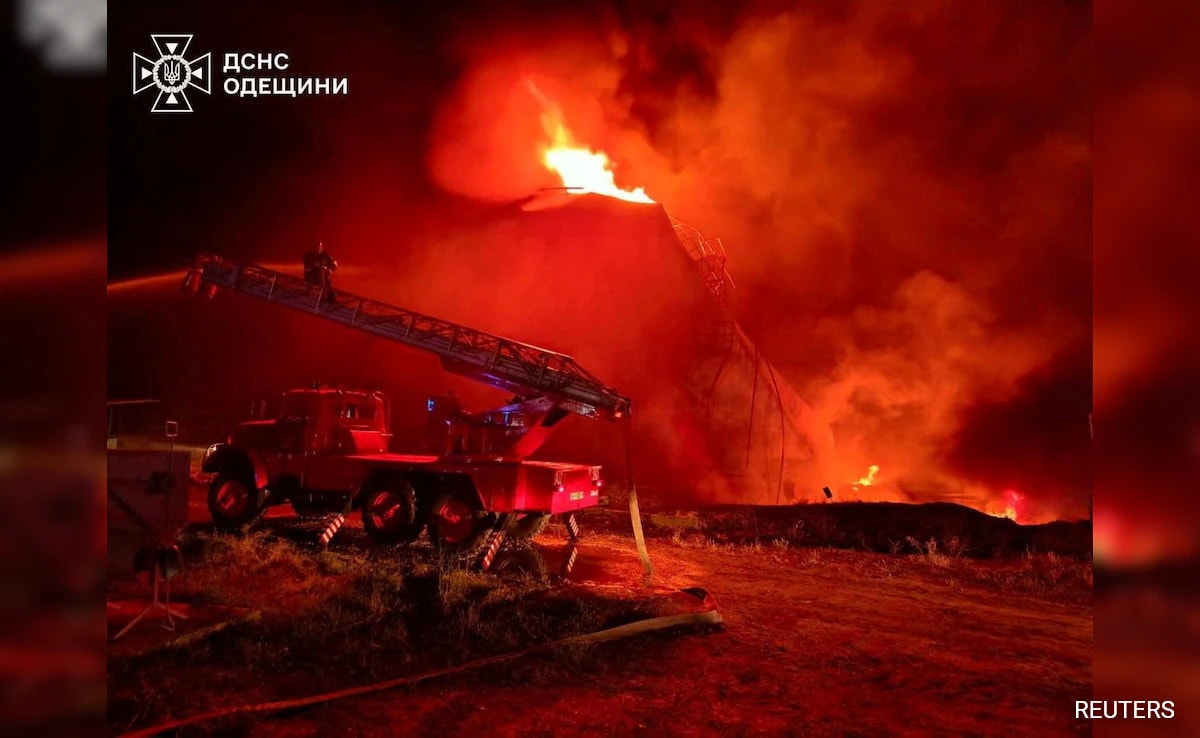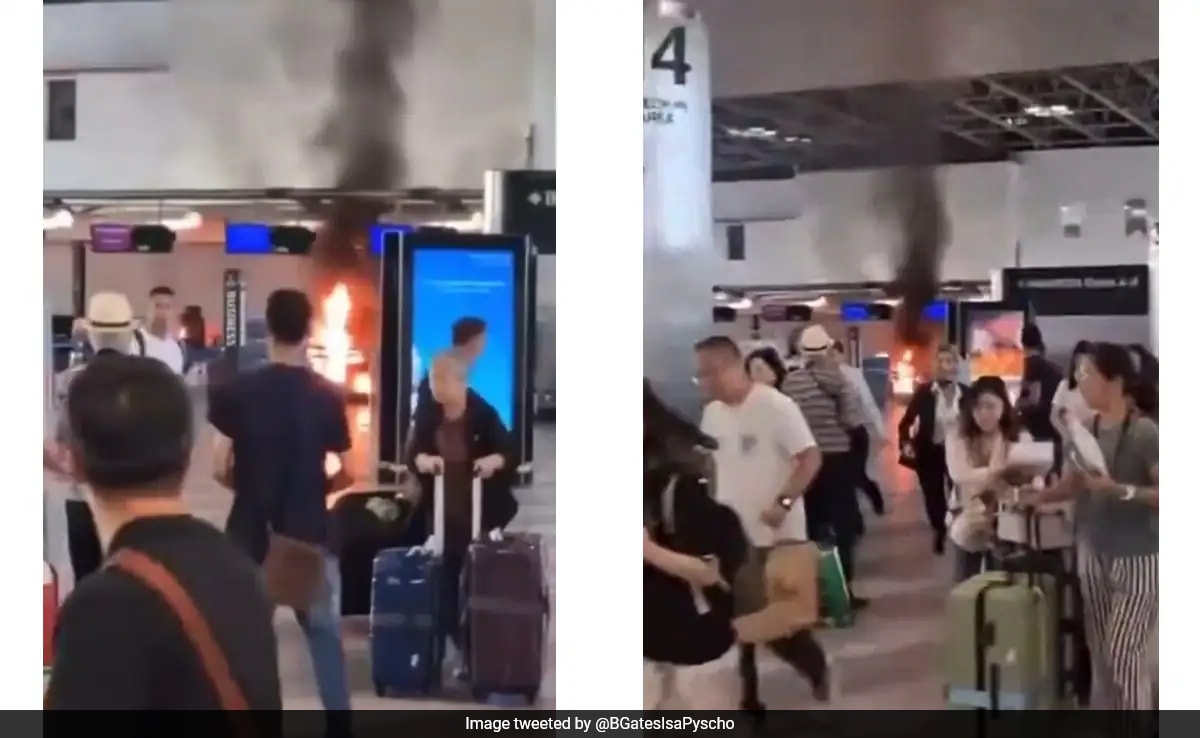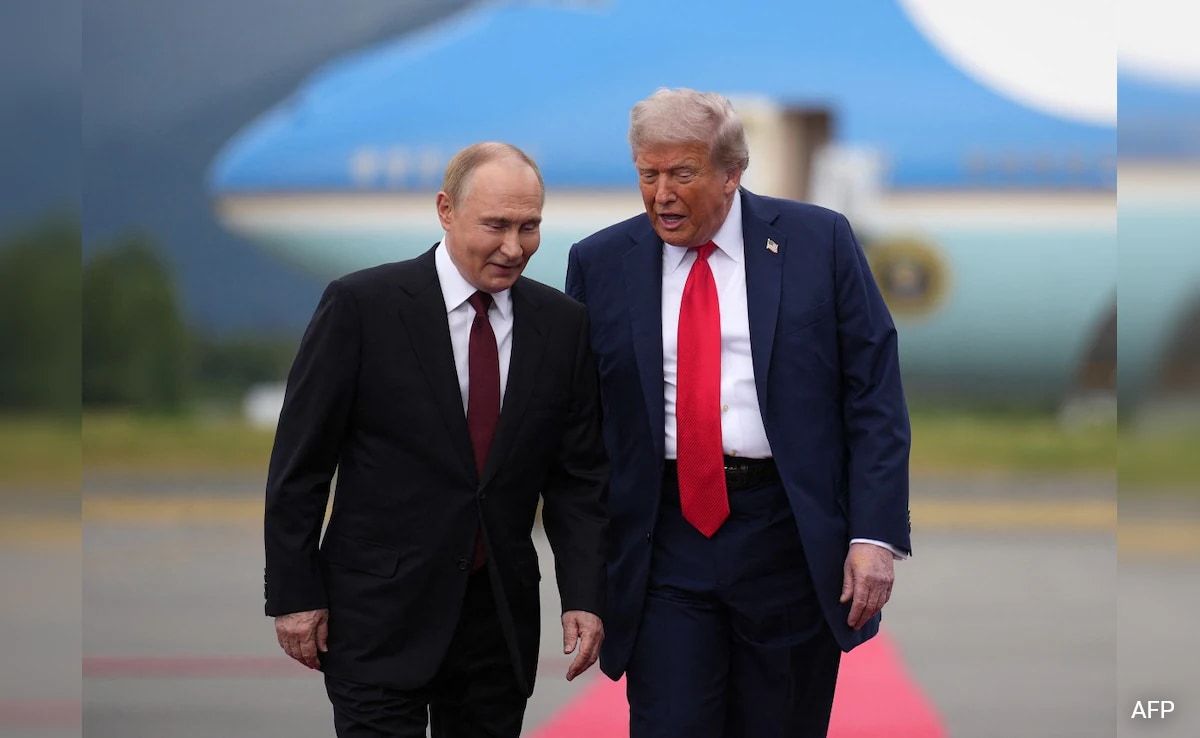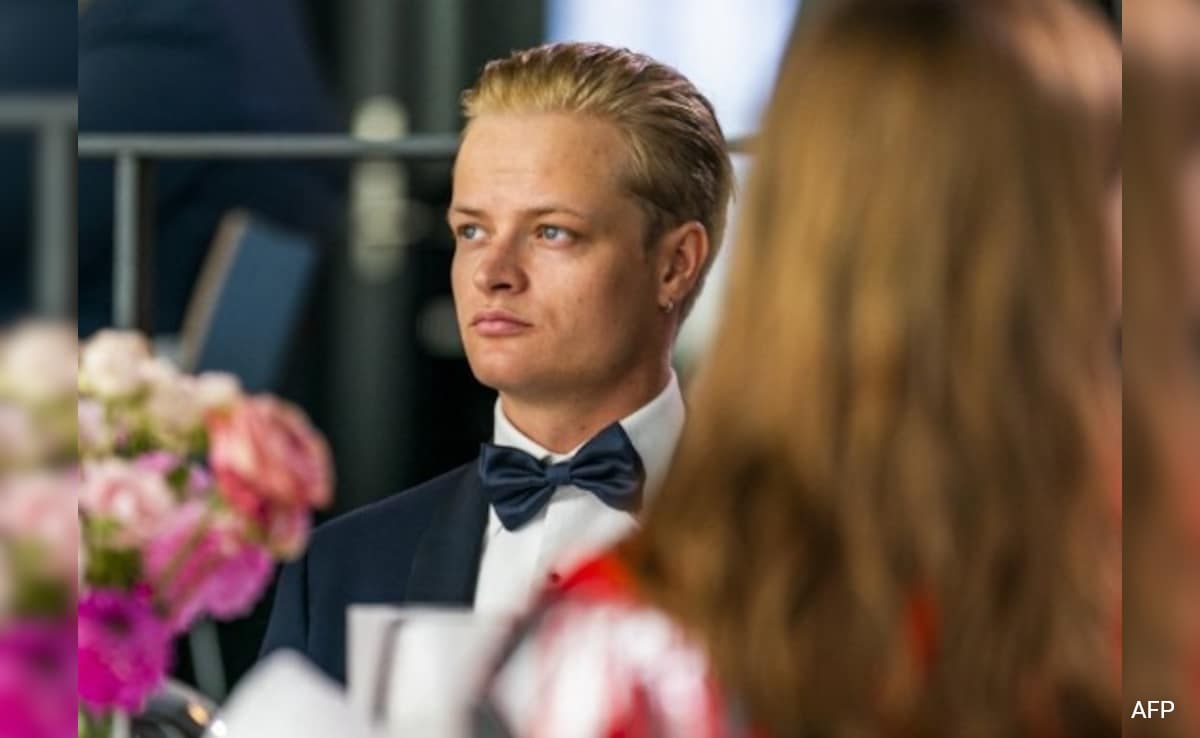It contains allegations against more than 60 people â including Bolsonaroâs current and former ministers of health, his chief of staff, his former foreign minister and three of his sons â as well as two companies involved with vaccine procurement. âBrazil could have reduced coronavirus transmission by 40 percent â and thereby saved an estimated 120,000 lives â if Bolsonaroâs government had imposed and not resisted disease-prevention measures such as masks, vaccines and social distancing,â my colleagues noted, citing the report.
The drafters of the report decided to drop language leveling charges on Bolsonaro and his allies of mass murder and genocide against the Indigenous population, whose communities were particularly vulnerable to the virus. But the report suggested Bolsonaro was responsible for crimes that could be prosecuted in courts, as well as âcrimes of responsibilityâ that could be grounds for his impeachment by legislators.
None of this means Bolsonaro is in any imminent legal or political jeopardy. The countryâs attorney general â a Bolsonaro ally â needs to assent to a trial of the president in court. And the head of the lower house of Brazilâs congress has so far shielded Bolsonaro from attempts to launch impeachment proceedings. âThey havenât produced anything but hate and resentment among some of us,â Bolsonaro said Wednesday of the senate panel that produced the report. âBut we know weâre not guilty in any ways: we have done the right thing from the start.â
Thatâs a dubious claim, given Brazilâs shocking covid death toll, which is more than 600,000 people. For months, a legion of public health experts heaped criticism on the laxity of Bolsonaroâs response, his opposition to mandating vital social distancing measures and his peddling of junk science. Bolsonaro, meanwhile, circled the wagons, cast the countryâs pandemic woes as the fault of his political rivals and China, and fulminated on other fronts, sowing doubts over the integrity of elections next year while stirring fears over the prospect of an anti-democratic coup to purge his opponents.
But assigning political blame â and criminal culpability â for the ravages of a viral pandemic is a murky exercise in its own right. Other governments in Latin America and Europe with far less demagogic leadership oversaw covid death rates worse than that of Brazil. If Bolsonaro is guilty of pandemic-related crimes against humanity, arguably so too are numerous other heads of government and heads of state, including Mexican President Andrés Manuel López Obrador and President Donald Trump.
The latter, of course, likely lost an election on the back of his shambolic pandemic performance. A study earlier this year by a researcher at the University of California at Los Angeles concluded that implementation of robust efforts to halt the spread of the virus last spring, including widespread testing and mask mandates, could have kept the American death toll below 300,000 in total. (The current figure, instead, is more than double that and still growing.)
Trump, instead, consciously downplayed the threat of the virus and played politics with public health. He feuded with Democratic governors, bemoaned increased testing as something that made his administration look bad and turned the imperatives of social distancing into partisan battles that still rage well after his presidency ended. He takes credit for his administrationâs support of the pharmaceutical companies that produced the coronavirus vaccine, but presided over a slow, messy rollout of vaccines that accelerated after the Biden administration took charge.
Trump also seemed to inspire Bolsonaro. The Brazilian president visited Trump in March 2020, on a trip that saw numerous members of Bolsonaroâs delegation fall ill with coronavirus. Yet Bolsonaro came away from his time with Trump with a shared skepticism of the prevailing scientific consensus around the pandemic.
âHe said the trip was wonderful, that they had a great time, that life was normal at Mar-a-Lago, everything was cured, and that hydroxychloroquine was the medicine that was supposed to be used,â former health minister, Luiz Henrique Mandetta, who was fired later that year by Bolsonaro after clashing with the presidentâs approach, told the New York Times. âFrom that time on, it was very hard to get him to take the science seriously.â
Thereâs little momentum in the United States now for the sort of senate inquiry marshaled by Bolsonaroâs rivals in Brasilia. Thatâs not least because the American covid death toll has nearly doubled since Trump left office and lawmakers in Congress are focused on other alleged misdeeds, chiefly Trumpâs role in fomenting the Jan. 6 insurrection. Getting impeached twice by the House of Representatives has done little to dim Trumpâs political star, and the former president maintains a dominant grip over the Republican base.
In the case of Bolsonaro, analysts suggest that even if the inquiry into his handling of the pandemic may have few legal teeth, it will still exact a political price.
âThe first political consequence of the special commission was to gather a part of the left-wing forces that werenât mobilized,â Esther Solano, a political scientist at the Federal University of Sao Paulo, told my colleagues. âThere was also an impact on Bolsonaroâs moderate supporters, who got shocked after all the information, videos and testimonies they watched. The rejection of his pandemic management fundamentally explains the lowering of Bolsonaroâs popularity, and the panel is in many ways responsible for that.â
The Economist noted: âBolsonaro and members of his family are already being investigated for spreading fake news and corruption, all of which they deny. Even if the latest accusations do not stick, next year Bolsonaro may be fighting both an election and jailtime.â
Trump, on the other hand, is almost certainly preparing to reclaim the presidency.
Read more:
.png)











 English (United States) ·
English (United States) ·  Turkish (Turkey) ·
Turkish (Turkey) ·